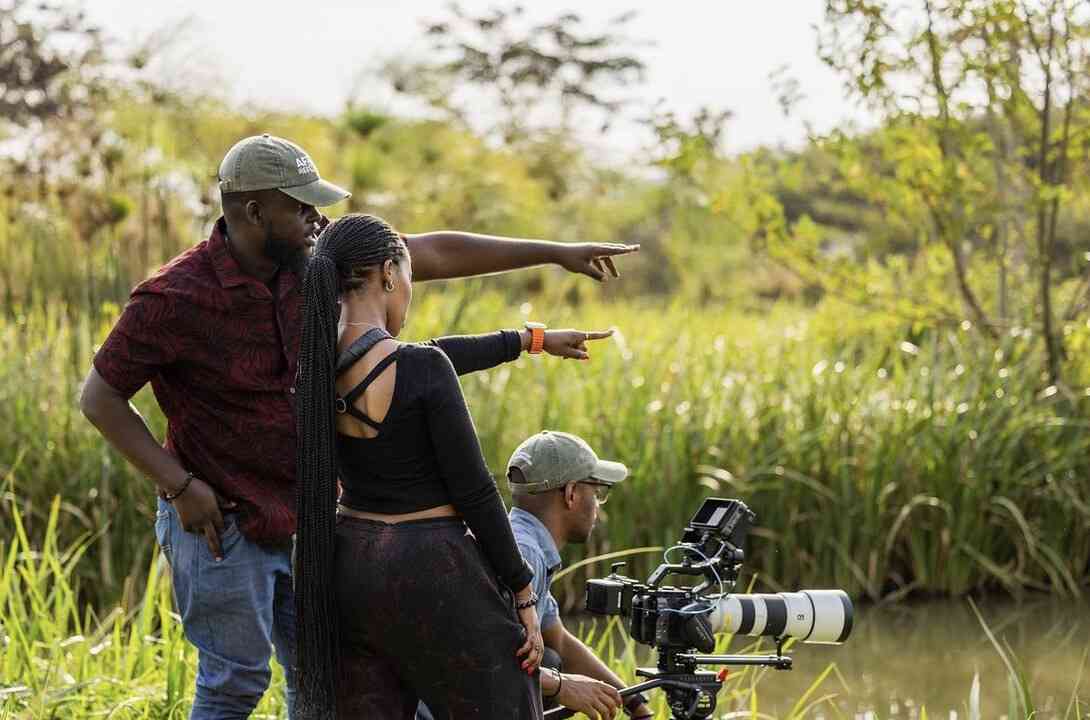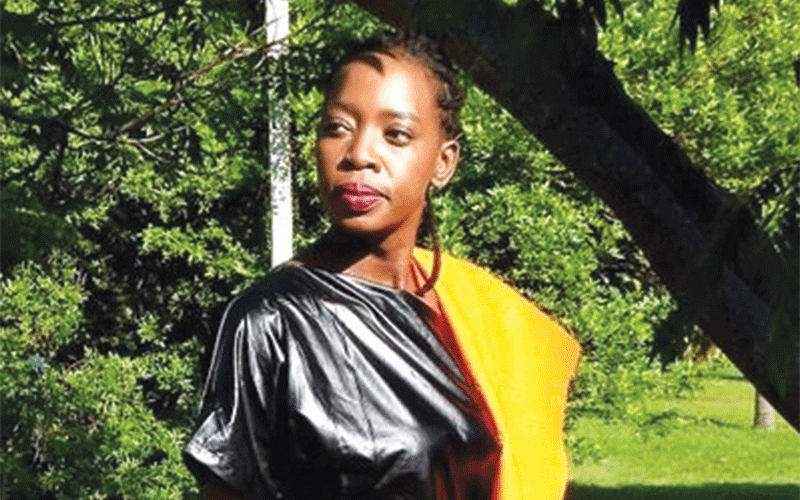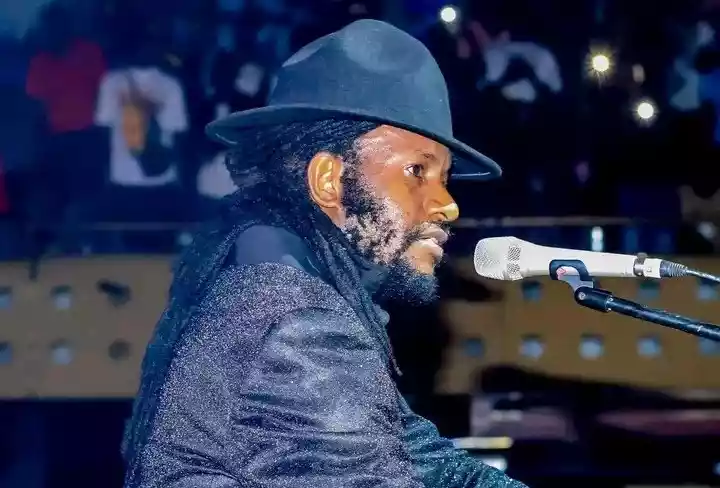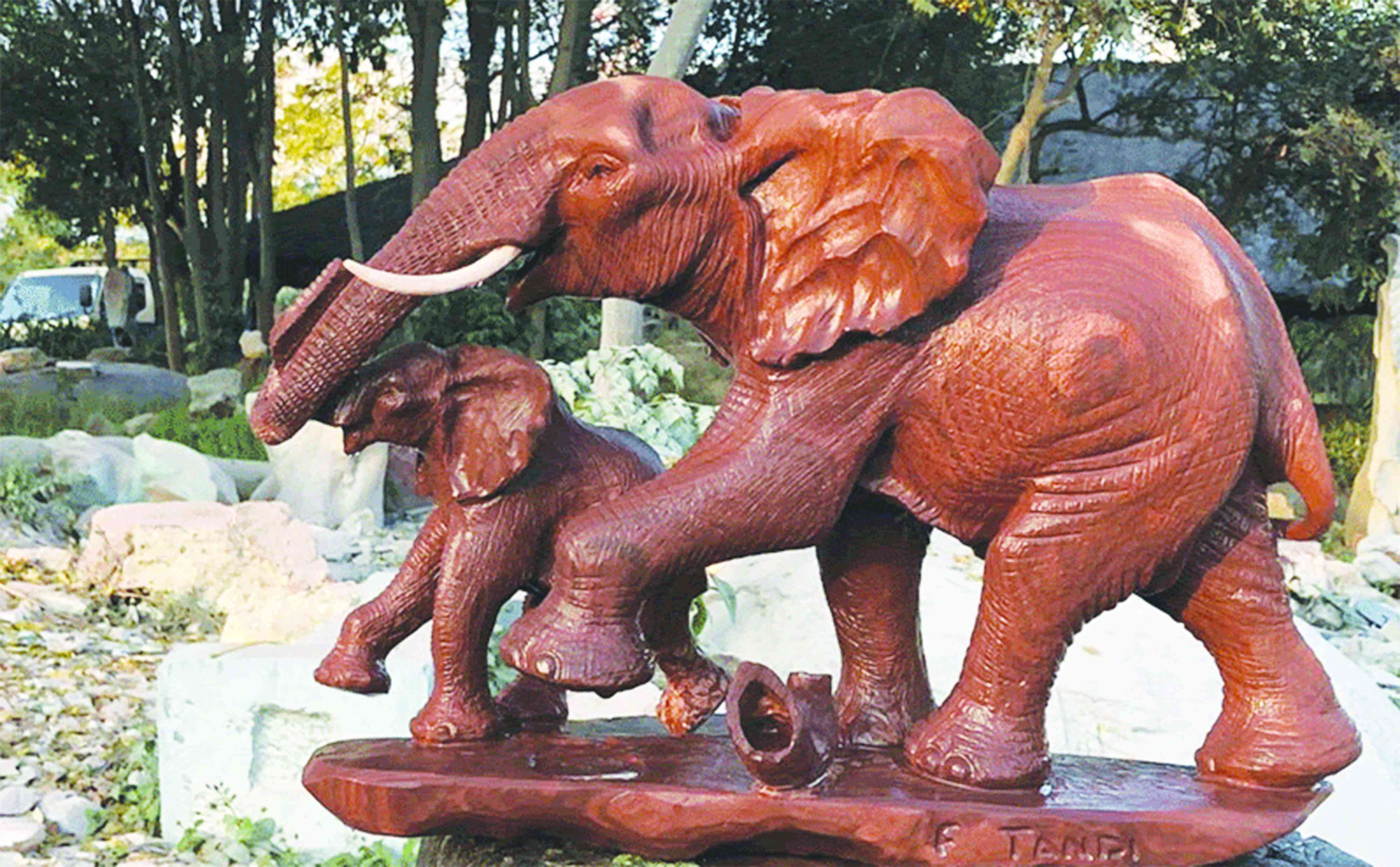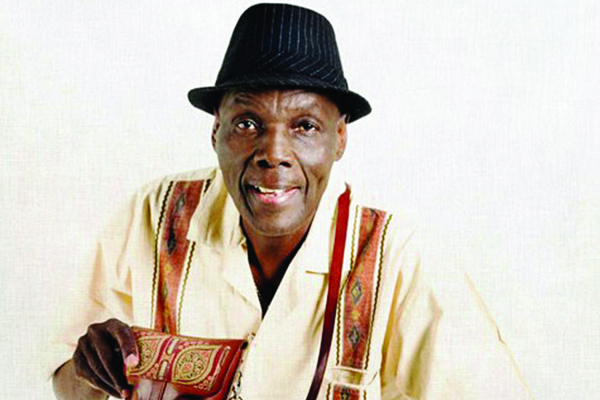
The year 2018 is gone and we are a month into 2019, but the narrative remains the same. The Zimbabwean arts sector, just like the country, seems perpetually dogged by bickering, struggles and is in a de facto survival mode. Whether we have an industry or not remains debatable.
SOUND TRACK: Plot Mhako
The recent events at the late Dr Oliver Mtukudzi’s send-off concert are just a glimpse into the bigger crisis: a music industry at war with itself, a sector under siege from cabals, politics that threatens to douse any voices of dissent and elders that are bitter and quick to spite the young ones.
How do we move forward and build a viable, professionally run and well-paying industry? Should we continue like this and for how long can we go on? We cannot continue to play the same tune and hope to get different results. Maybe let’s pause, reflect and re-configure ourselves.
Maybe we need a plan defining our short to long-term national artistic and cultural vision, now that we have new brooms in higher offices, a new director of the National Arts Council, Nicholas Moyo and Youth, Arts and Sports minister, Kirsty Coventry. Will they make an impact? Time will tell.
There is an urgent need for a new, collective vision for the arts and culture that helps build an industry whilst fostering social cohesion, peace, unity, development, and promotion of our cultural and creative Industries in Zimbabwe as a whole.
Our beautiful country desperately needs this and the cultural leaders must make deliberate efforts on this.
To address the challenges, we need to honestly look ourselves in the mirror and deal with the challenges; from promoters, artistes, media, government, the corporate world and the fans. There is a desperate need for cultural devolution and real funding for the arts.
- Chamisa under fire over US$120K donation
- Mavhunga puts DeMbare into Chibuku quarterfinals
- Pension funds bet on Cabora Bassa oilfields
- Councils defy govt fire tender directive
Keep Reading
Most things only happen in Harare! Get radio stations working again! It’s more difficult for a new musician to get airplay now when we have 17 radio stations as compared to when we only had four. A few artistes have dominated the airwaves for years. Female artistes are an extremely rare feature on posters.
And there is a lot of amazing talent going unnoticed. We also have radio stations defaulting on royalties to Zimbabwe Music Rights Association (Zimura) with impunity and Zimura retaining 40% of collected royalties for administrative purposes. Books, artworks, films and songs are sold on the streets by people making money from works they did not invest in, leaving the creators wallowing in abject poverty. Piracy continues unabated. This cancer is a global phenomenon, but can be curtailed if real efforts are made.
The emergence of digital platforms has given artistes more freedom, control and opportunity, but in Zimbabwe, it’s not easy to fully monetise and we are also limited by the cost of the Internet and a dysfunctional RTGS banking system incompatible with Visa/Mastercard transacting.
Artistes are poor! Yes, a lot of them and it’s no laughing matter. Events are poorly organised, save for Hifa and a few others. How can various government ministries have a synchronised approach towards arts promotion and development?
There is a need for unity of purpose and vision, one that can be inspired by the players in the industry and inspire confidence for working together and value beneficiation for artistes and help sell brand Zimbabwe globally.
We need a new, informed and progressive culture of doing things from top to bottom, a move away from government officials’ penchant to officiate, cut ribbons, endless conferences and workshops, but not walking the talk for the good of our country.
Imagine if our cities represented our cultural spirit, if our villages were embraced into our tourism, our schools genuinely taught cultural and artistic programmes and if local artistes were funded and supported at home? I have no doubt the sector would be making a meaningful, measurable contribution to the Gross Domestic Product.
Let’s bring back the provincial arts festivals we had. Let’s grow grassroots talent and have more stars celebrating our heritage and culture. Let’s revive community arts spaces, drama and theatre, dance, film, music, crafts and the visual arts.
If South Africa has Vilakazi Street as a cultural village, what stops us from having one in Makokoba, Guruve, Dangamvura or Mbare! It’s our imagination and lack of a common vision that is limiting us. We have great narratives that need to be told: our stories of defiance, resilience, and love are unique and could translate to millions of dollars if captured through film and video. The world is waiting to hear our unfiltered stories.
This is not possible with only one State-controlled television station. With new television stations coming soon, there is need to have a deliberate effort to promote local content and ultimately pay for it and ensure the survival of the artistes, including also the growth of our film industry.
It is saddening to see one of the most watched television shows, Wenera, extending a begging bowl to save it from extinction. Such should never happen if the Zimbabwe Broadcasting Corporation valued the content it broadcasts and paid for it deservingly. The announcement of six more stations on the horizon has been received with great excitement, but this will not mean much if the local creatives are too impoverished to produce great and exciting content.
The fact that people are subscribing to foreign cable television is a testimony of the hunger and craving that Zimbabweans have for the film/video content, but sadly, it’s being serviced by others at a United States dollar value.
Our promoters still believe in investing and doing business with artistes from outside. Nothing wrong since they are in business and they will put their dollar where it brings value, but if we could give the same respect and appreciation to local content, we would definitely grow our own international stars and pay them handsomely, too. The artistes need to be as innovative, entertaining and as relatable as possible.
Our arts are literary mortgaged to foreign missions and civic organisations. They fund, are involved and informed the most. Local companies never really put in money towards the arts, but are quick to jump in to steal creative content for the promotion of their products and services. And you have artistes giving away their content copyrights to cunning online distributors.
And awards! We need to bring sanity and restore credibility on awards shows. Organisers can no longer afford the arrogance they often exhibit anymore.
Zimdancehall has been around for six years as the most dominant music genre and in other developed countries, this would definitely have created interest from the government for research, investment and development for capacity building, growth and further job creation. I could go on and on. Until next time #theplotthickens.
Plot Mhako, the founder of Jibikila, is a creative social entrepreneur and urban arts activist working to empower the skills and voices of young people in Zimbabwe through innovative programming.



